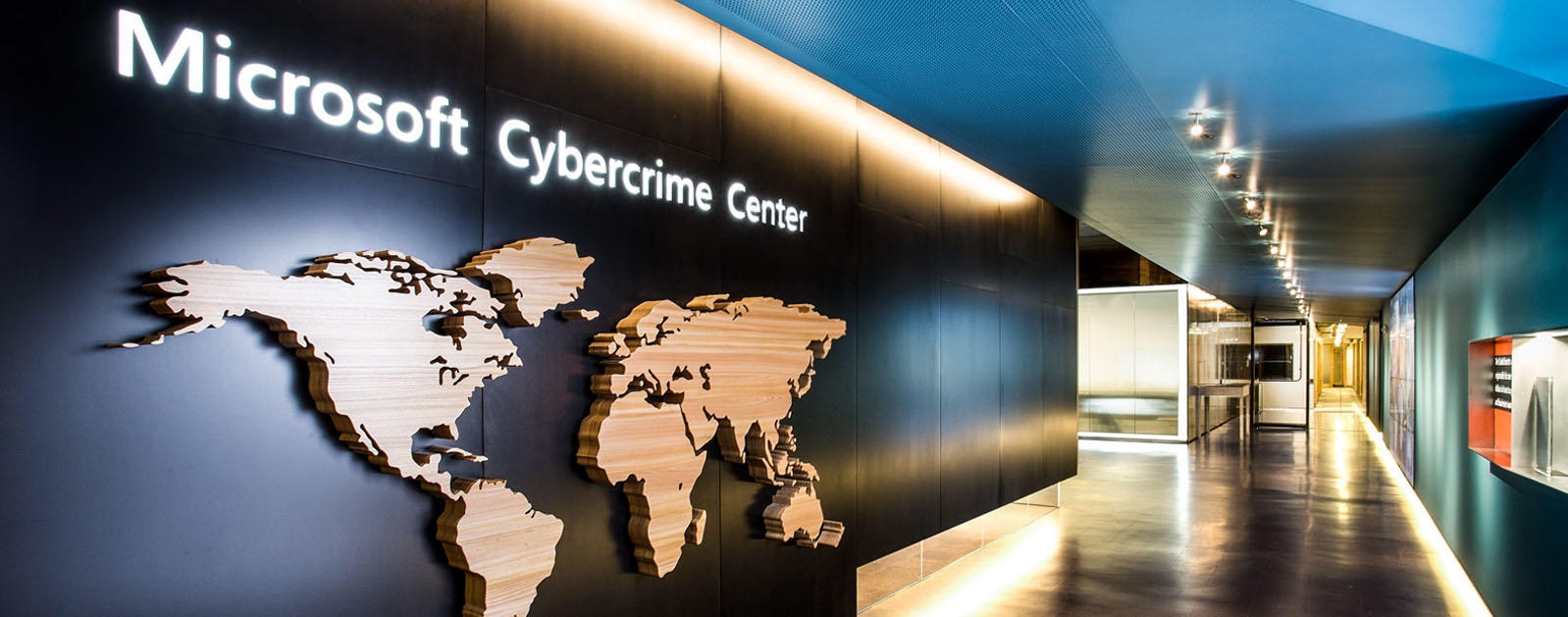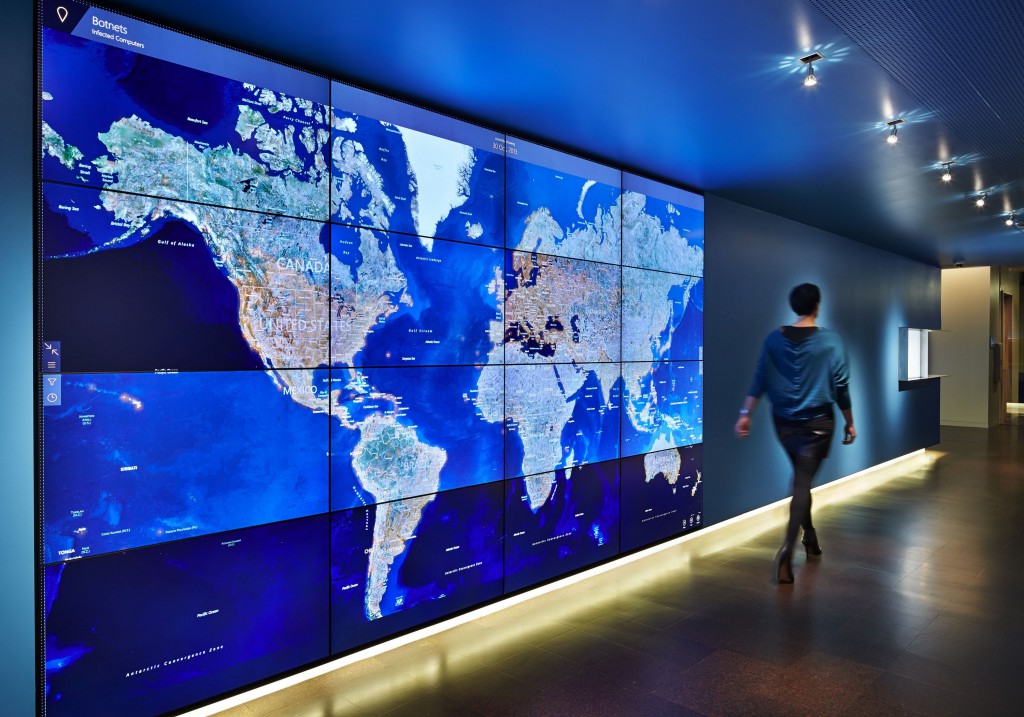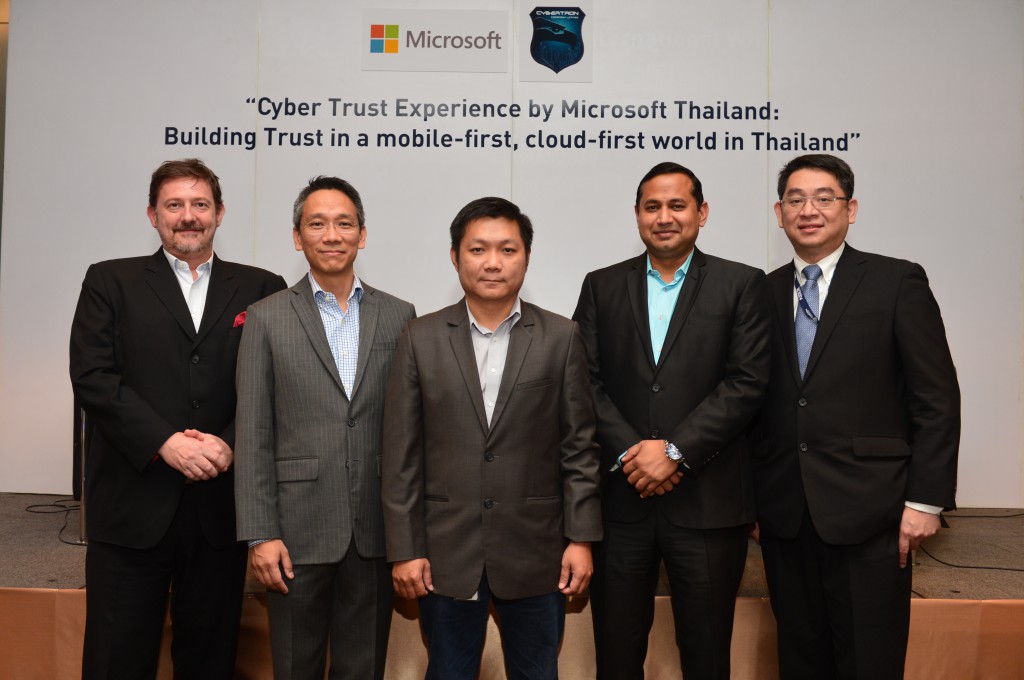Regional and local cybersecurity experts cast spotlight on the vulnerability of digitally-connected individuals and organizations in Thailand at Microsoft’s Cyber Trust Experience
BANGKOK, October 28, 2015 – The prevalence of malicious software and recent cyberattacks has brought much attention to the online security and privacy of individuals and organizations. Hacking scandals at the US Central Command and Sony Pictures Entertainment have demonstrated the vulnerability of even the most developed nations in the world towards the rising sophistication of cyber threats, and Thailand is no exception. This was reiterated by a panel of regional and local cybersecurity experts at the Microsoft Thailand Cyber Trust Experience, held in conjunction with the Cyber Defense Initiative Conference 2015 taking place at the Bangkok International Trade & Exhibition Centre from 28-29 October 2015.
Research by Microsoft’s Digital Crimes Unit (DCU) estimated that there are over 5 million IP addresses connected to millions of infected devices observed in Asia, and Thailand is one of the top 25 infected countries globally. In fact, according to the latest third-party studies and statistics, Asia Pacific is currently the most actively targeted region for cybercrime attacks[1].
It therefore comes as no surprise that even among enterprises, 79% of CIOs in Asia (including Thailand) are concerned about security, privacy, transparency and compliance of cloud-related solutions[2]. A white paper published by the National University of Singapore and market research firm International Data Corporation estimated that consumers in Asia Pacific would have spent about US$10.8 billion (more than 40% of world total) in identification, repair and recovering data, and dealing with identity theft from malware on pirated software in 2014. The same study also projected that infected pirated software and lost data would have cost enterprises in the region around US$229 billion (more than 45% of world total) for the same year.
These alarming numbers have prompted Microsoft to take a more proactive stance in Asia, including Thailand, as part of its global fight against cybercrime. With one of the largest IT footprints in the world, Microsoft has been protecting and securing its platform, products and services for several decades, but what is unique about Microsoft is its ability to play ‘offence’ against cybercriminals.
“Microsoft is committed to expand its cybercrime fighting work across the globe to protect computer users, customers, and governments through threat intelligence sharing partnerships and public-private collaboration. As a productivity and platform company in a mobile-first, cloud-first world, we strongly believe in trusted applications, devices and Cloud services. We want to deliver the best experience to our customers and partners, but with a deep commitment to cybersecurity, privacy, compliance and transparency, ensuring that users of our technology and Cloud services have a clear sense of ‘trust’,” says Keshav Dhakad, Regional Director of Intellectual Property & Digital Crimes Unit, Asia, Legal & Corporate Affairs, Microsoft.
Somsak Mukdavannakorn, Public Sector Director, Microsoft Thailand said, “As Thailand gears towards a digital economy, building trust in the digital world is more crucial than before to ensure that people and organizations can use technology with confidence. As individuals and organizations in Thailand become more connected with their devices and information systems, they are also increasingly vulnerable to the exploits of cybercriminals who are seeking opportunities to steal private, financial and confidential data.”
Better cybersecurity to protect customers
Microsoft’s responsiveness in combating cybercrime and disrupting malware has given it a unique ability to strengthen security features of its products over time, making it one of the most secure software platforms today. For example, Microsoft’s System Center Endpoint Protection as a full-featured antimalware & security solution for the enterprises and always-on Windows Defender, etc., are few of the many good examples of providing world-class cybersecurity to its customers.
Microsoft is also committed to delivering a trustworthy computing platform and invests deeply in security expertise. For example, products and services are developed with security by design using Microsoft’s Security Development Lifecycle – a software development process that helps developers reduce the number and severity of vulnerabilities in Microsoft software and increase the cost of exploitation.
Underlying all these practices, Microsoft emphasises that it is not just the IT manager or CIO of a company who is accountable for cybersecurity – but everyone in the company, from top management to junior staff, is responsible for minimising IT risks in an organisation, and using genuine and clean IT technologies responsibly is the first step towards building a strong cybersecurity environment.
As the vulnerabilities of the digital world are increasingly thrust under the spotlight amid a growing number of reports on cybersecurity incidents, there will likely be a flight to quality and trust among technology users. By making security and privacy a priority, Microsoft aims to build greater trust in technology and all it promises.




